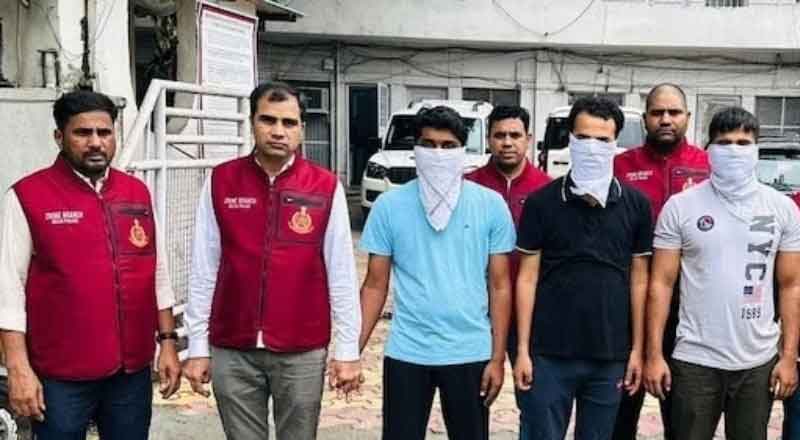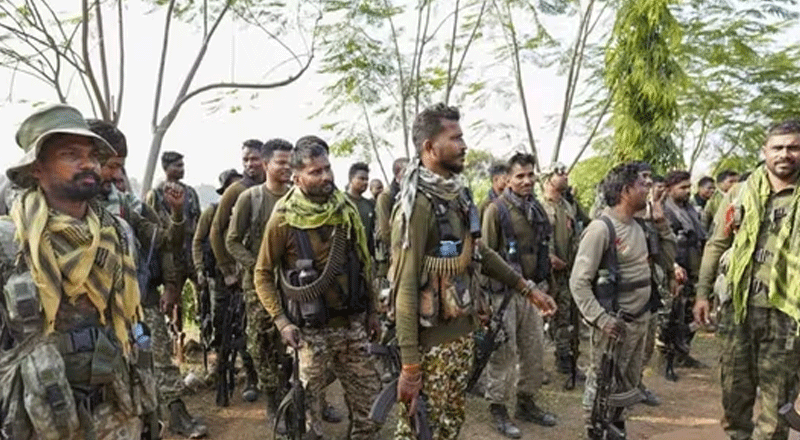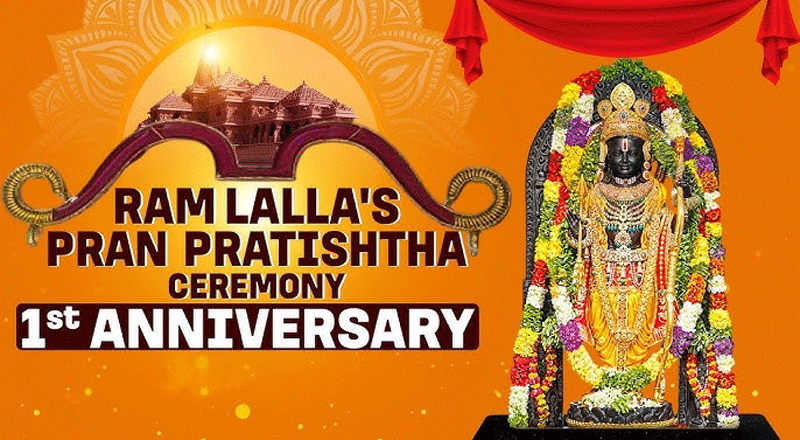How a 10-Member Syndicate Exploited Loopholes to Run a Kidney Transplant Racket Across Dhaka and Delhi
An intricate international kidney transplant racket, built on fake family trees, forged documents, and a diagnostic lab that existed only on paper, was recently uncovered. At the heart of the operation was a Delhi-based surgeon, connected to two well-known hospitals in the National Capital Region (NCR). This racket, targeting Bangladeshi patients, manipulated India’s organ donation laws and evaded screening procedures at the diplomatic level.
According to an investigation of case records, a 10-member syndicate orchestrated the illegal transplants, resulting in the arrest of 10 people, including the 50-year-old surgeon, Dr. Vijaya Rajakumari. Dr. Rajakumari allegedly performed between 20 to 25 transplants on Bangladeshi patients at the Apollo and Yatharth hospitals in Noida over the past three years. Though she denies the charges, the police suspect that the scale of the operation was much larger, with over 125-130 other transplants linked to her between 2018 and 2024.
The Discovery of the Racket
The racket was brought to light in April 2024 after the Union Health Ministry issued a warning about a surge in “commercial dealings” involving organ transplants for foreigners. Acting on this alert, the Delhi Police filed a case on June 17, 2024, leading to the arrests of several individuals, including two Bangladeshi nationals who were working in India’s medical tourism sector as translators. A month later, the police filed a charge sheet, and on August 23, Dr. Rajakumari was granted bail by the Delhi High Court. Other accused members of the syndicate are also out on bail.
On September 12, 2024, a Delhi court acknowledged the charges filed under various sections of the Indian Penal Code (IPC), including cheating and criminal conspiracy, as well as violations of the Transplantation of Human Organs Act, 1994.
How the Racket Operated: Bending the Rules
Organ donation in India is tightly regulated, allowing only close blood relatives or spouses to donate organs. In some cases, other relatives may donate under special circumstances, but only with approval from a government-appointed committee. For foreign nationals, a crucial requirement is Form 21—a no-objection certificate (NOC) from the embassy confirming that the donation is driven by altruism, not money.
The syndicate exploited this system by fabricating family connections between donors and recipients. Using fake family trees and forged documents, they secured Form 21 approval for each transplant. According to case records, this was the first documented case in India where the misuse of Form 21 facilitated commercial transplants.
The Role of the Surgeon
Dr. Rajakumari allegedly conducted 66 kidney transplants involving Bangladeshi patients at Apollo Hospital in Noida between January 2018 and March 2023. During the same period, she allegedly performed 78 additional transplants on foreigners at Yatharth Hospital in Noida, including 61 on Bangladeshi patients. Analysis of 90 Form 21 verifications for Bangladeshi patients at Apollo, Noida, between April 2019 and May 2024 revealed that only one case involved a near relative. The rest of the transplants relied on fabricated family trees, depicting distant relatives as donors.
Similarly, at Yatharth Hospital, none of the 61 transplants involved close relatives. The police found that most of these cases falsely deemed close relatives unfit to donate, enabling the creation of fake donors through fabricated family trees.
Exploiting Vulnerable Individuals
The modus operandi involved luring poor individuals from Bangladesh to donate their kidneys in exchange for Rs 4-5 lakh. The recipients, on the other hand, were charged exorbitant fees of up to Rs 25 lakh, far exceeding the average cost of kidney transplants in Noida, which ranges from Rs 5 to 15 lakh for complex cases. The arrested Bangladeshi nationals confessed to police that they earned around Rs 8 lakh for every transplant, including payments made to donors.
The Bangladesh Connection
The racket also raises questions about the role of the Bangladesh High Commission in India. The police are investigating how fake documents managed to secure Form 21 approval without scrutiny. One of the accused claimed that an unnamed official from the High Commission charged money to expedite the clearance of patient files. The police are currently awaiting verification reports from the High Commission to further the investigation.
A Closer Look at the Racket’s Operations
According to the police, two Bangladeshi nationals, Rasel and Rokon, were instrumental in manipulating documents for the syndicate. They saved templates of fake documents on a laptop and used them to forge family trees. A plastic box labelled “Oasis Arabia Premium Dates,” seized from Rokon’s home, was found to contain fake official stickers and seals. Police also confiscated 20 seals purportedly belonging to various officials, and a pen drive with 991 digital files, including national ID copies, bank account information, and police verification reports.
The accused created fake diagnostic reports from a non-existent clinic called Raju Diagnostic and Laboratory. Hospitals involved in the transplants allegedly sent emails to this fictitious lab for document verification, but the syndicate had control over the lab’s email account and self-verified the documents.
A Case in Point: The Dhaka Patient
During their investigation, the police recovered documents related to the kidney transplant of a 44-year-old man from Dhaka at Yatharth Hospital. His supposed donor, a 35-year-old brother-in-law, was listed as a close relative. However, police suspect that this individual was a fake relative, with the family tree and related documents falsified. These documents included a forged Form 21, bearing the fake signature and seal of the First Secretary (Consular) of the Bangladesh High Commission. Several other forged seals were found to authenticate various certificates, including birth, marriage, and national ID records.
Hospital Response: Denying Any Role
Yatharth Hospital has maintained that it follows a rigorous verification process for all transplant cases, including those involving visiting consultants. A spokesperson for the hospital emphasized their cooperation with authorities and their adherence to legal and ethical guidelines. However, Apollo Hospital did not respond to a detailed questionnaire on the case.
A Cross-Border Crisis
The unravelling of this sophisticated kidney transplant racket highlights the vulnerabilities in the organ donation system, particularly when foreign nationals are involved. The investigation has brought to light how fake documents, forged family connections, and a lack of rigorous diplomatic scrutiny enabled the syndicate to operate across borders. As the investigation continues, authorities are focusing on strengthening regulatory frameworks to prevent such violations in the future.
(With inputs from agencies)





